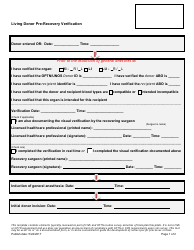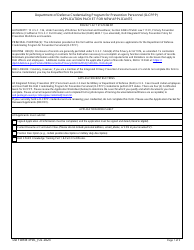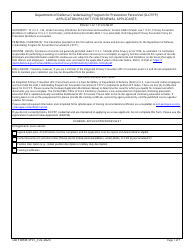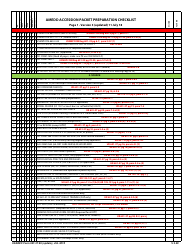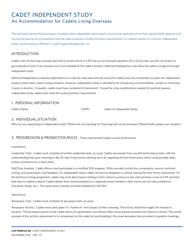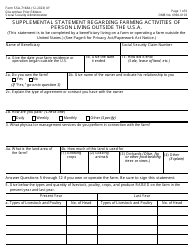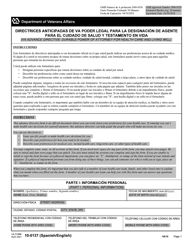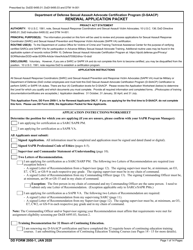Kentucky Living Will Packet - Kentucky
A Kentucky Living Will - sometimes confused with an Advance Directive - is crucial for patients looking for more control over the medical treatment they would want in the event of incapacitation. When a person falls seriously ill with no hope or recovery, arguments concerning artificial life support or certain treatments can arise amongst their family when trying to decide on an outcome. With a signed and legal will with all wishes clearly stated, the patient can make pre-plan all procedures regarding palliative care, life support, and life-sustaining treatment.
You can download the Kentucky Living Will Packet released by the Office of the Kentucky Attorney General through the link below.
A Kentucky Living Will is defined by § 394.010 and regulated by the KRS Chapter 311.625 . The document must be signed in the presence of two (2) adult witnesses or before a Notary Public. The law prohibits relatives and health care providers from witnessing the will. This document is not valid in Kentucky if the patient is pregnant.
What Is a Kentucky Living Will?
A Living Will is a legal document that specifies the type of medical care that an individual does or does not want in the event if they are unable to communicate their wishes. Living Wills come into play only when one faces a life-threatening condition and is unable to assert their specific desires regarding treatment.
In the case when an individual suffering from a terminal illness or with a life-threatening injury falls unconscious, hospitals and doctors must refer to their will to determine whether or not the patient wanted life-sustaining treatment, such as tube feeding or assisted breathing.
An individual can print a will to pre-organize their health care in the future situation, to prevent major arguments between family members, to control any necessary medical treatments and procedures and to reduce potential extra medical bills.
How to Make a Living Will in Kentucky?
Difficult health-related situations can occur to any person at any age, so it is a good idea for all adults to have a will. Usually, a basic ready-made Living Will template should address most of the medical procedures common in life-threatening situations, such as resuscitation via electric shock, ventilation, and dialysis. An individual can choose to allow some of these procedures or none of them. They may also indicate whether they wish to donate organs and tissues after death. Even if a person refuses life-sustaining care, they can express the desire to receive pain medication throughout final hours including the related provisions in their Living Will.
When completing a will an individual may appoint an agent - or a health care proxy - to make decisions on their behalf in the event of incapacitation. No notarization is required unless otherwise specifically requested by the proxy.


















